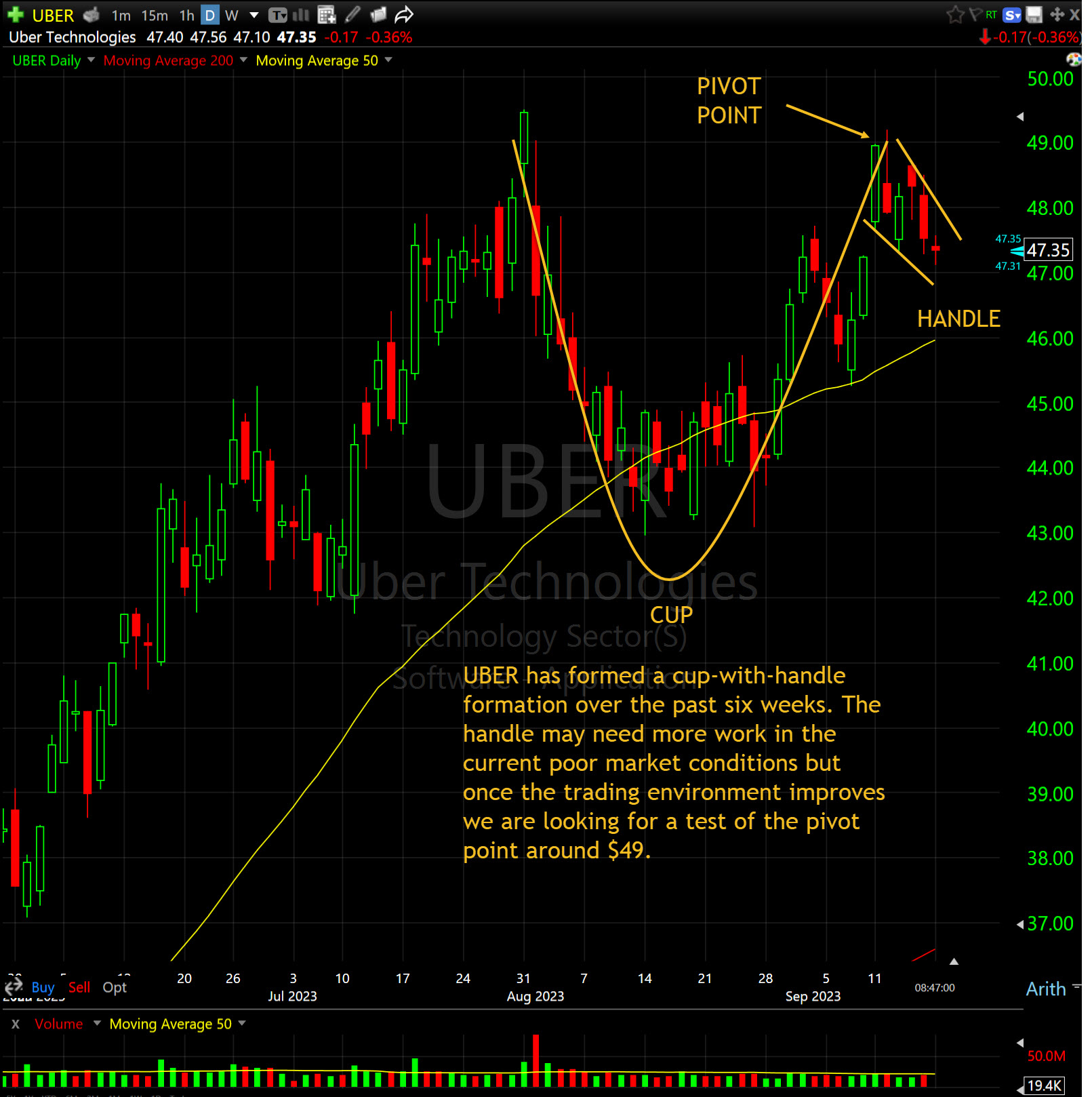Can You Afford A Home While Paying Off Student Loans?

Table of Contents
Assessing Your Financial Situation
Before you even start browsing open houses, a thorough assessment of your financial situation is crucial. This involves understanding your debt, creating a realistic budget, and analyzing your student loan repayment plan.
Calculating Your Debt-to-Income Ratio (DTI)
Your debt-to-income ratio (DTI) is a critical factor lenders consider when evaluating your mortgage application. It represents the percentage of your gross monthly income that goes towards debt payments. Student loan payments are a significant component of this calculation.
-
Steps to Calculate DTI:
- Add up all your monthly debt payments (student loans, credit cards, car loans, etc.).
- Divide the total debt payments by your gross monthly income (before taxes).
- Multiply the result by 100 to express it as a percentage.
-
Impact of High DTI: A high DTI significantly reduces your chances of mortgage approval, as lenders perceive you as a higher-risk borrower. Aim for a DTI below 43%, ideally lower, to improve your approval odds.
-
Helpful Tools: Numerous online DTI calculators can simplify this process. Utilize these tools to gain a clear picture of your current DTI and how it might change with a new mortgage.
Creating a Realistic Budget
A meticulously planned budget is essential for managing both your mortgage payments and student loan repayments. Every dollar needs to be accounted for.
-
Essential Budgeting Components:
- Housing (rent or mortgage payment, property taxes, insurance)
- Food
- Transportation
- Student loan payments
- Utilities
- Healthcare
- Savings (emergency fund, down payment savings)
- Entertainment
-
Budgeting Tools: Utilize budgeting apps (Mint, YNAB) or spreadsheets to track your income and expenses effectively. Regularly review your budget to ensure you're staying on track.
Understanding Your Student Loan Repayment Plan
Your student loan repayment plan significantly impacts your monthly expenses and overall financial flexibility.
-
Different Repayment Plans:
- Standard Repayment: Fixed monthly payments over 10 years.
- Income-Driven Repayment (IDR): Monthly payments are based on your income and family size. These plans often extend the repayment period, potentially lowering monthly payments but increasing total interest paid.
- Graduated Repayment: Payments start low and gradually increase over time.
-
Choosing the Right Plan: Carefully evaluate each plan's impact on your monthly cash flow and long-term repayment costs. Consider consulting a financial advisor to determine the most suitable plan for your circumstances.
Exploring Homeownership Options
Once you have a solid grasp of your finances, you can start exploring your homeownership options.
Finding Affordable Housing
Finding affordable housing requires compromise and creative thinking.
-
Strategies for Affordable Housing:
- Consider less expensive locations: Explore areas slightly further from city centers or in less competitive markets.
- Opt for smaller homes or condos: Downsizing can significantly reduce both the purchase price and ongoing costs.
- Consider fixer-upper properties: These often come at a lower price, but you'll need to factor in renovation costs.
-
Trade-offs: Weigh the pros and cons of location, size, and property condition carefully. Prioritize your needs and budget constraints.
Securing a Favorable Mortgage
Securing a favorable mortgage requires careful planning and research.
-
Key Steps to Securing a Mortgage:
- Shop around for interest rates: Compare offers from multiple lenders to find the best terms.
- Consider different mortgage types: Explore FHA loans (for lower down payments), VA loans (for veterans), or conventional loans.
- Explore down payment assistance programs: Many programs offer financial assistance to first-time homebuyers.
-
Importance of Credit Score: A strong credit score is crucial for qualifying for favorable mortgage terms. Work towards improving your credit score if necessary.
Utilizing Down Payment Assistance Programs
Down payment assistance programs can significantly ease the burden of homeownership.
-
Examples of Programs: Many state and federal programs offer down payment assistance. Research local and national programs. (Include links to relevant resources if possible – e.g., HUD, your state's housing finance agency).
-
Eligibility Requirements: Eligibility criteria vary widely depending on the program. Carefully review the requirements before applying.
Strategies for Managing Debt
Effectively managing your existing student loans alongside your new mortgage is vital.
Prioritizing Debt Payments
Develop a strategy for allocating funds to both your student loans and mortgage payments.
-
Debt Payment Strategies:
- Debt Snowball Method: Pay off your smallest debt first to gain momentum, then move on to the next smallest.
- Debt Avalanche Method: Pay off your highest-interest debt first to save money in the long run.
-
Choosing a Strategy: The best approach depends on your personality and financial situation. Consider which method is more motivating for you to stick to the plan.
Refinancing Student Loans
Refinancing your student loans might lower your monthly payments and interest rates, freeing up cash flow.
-
Potential Benefits of Refinancing: Lower monthly payments, reduced overall interest paid.
-
Potential Drawbacks: Loss of federal protections (e.g., income-driven repayment plans).
Seeking Financial Advice
Consider consulting a financial advisor or credit counselor.
-
Benefits of Professional Guidance: Personalized advice, streamlined process, improved financial planning.
-
Finding Professionals: Utilize online resources to find reputable financial professionals in your area.
Conclusion
Buying a home while paying off student loans is a challenging but achievable goal with careful planning and smart financial strategies. By assessing your financial situation, exploring homeownership options, and managing your debt effectively, you can increase your chances of achieving this milestone. Remember to create a realistic budget, shop around for the best mortgage rates, and consider utilizing available down payment assistance programs. Don't hesitate to seek professional financial advice to navigate this complex process. Take control of your finances and start working towards your dream of homeownership – even with existing student loan debt. Learn more about managing your finances and achieving your homeownership goals – learn more about "Can You Afford a Home While Paying Off Student Loans?" today!

Featured Posts
-
 Can You Afford A Home While Paying Off Student Loans
May 17, 2025
Can You Afford A Home While Paying Off Student Loans
May 17, 2025 -
 Black Voices On Trumps Student Loan Policy Changes
May 17, 2025
Black Voices On Trumps Student Loan Policy Changes
May 17, 2025 -
 Arsenal In Pole Position To Sign Stuttgart Star
May 17, 2025
Arsenal In Pole Position To Sign Stuttgart Star
May 17, 2025 -
 Rep Jasmine Crockett Trumps Impact On Grocery Prices And Wages
May 17, 2025
Rep Jasmine Crockett Trumps Impact On Grocery Prices And Wages
May 17, 2025 -
 Investing In Uber Technologies Uber What To Consider
May 17, 2025
Investing In Uber Technologies Uber What To Consider
May 17, 2025
